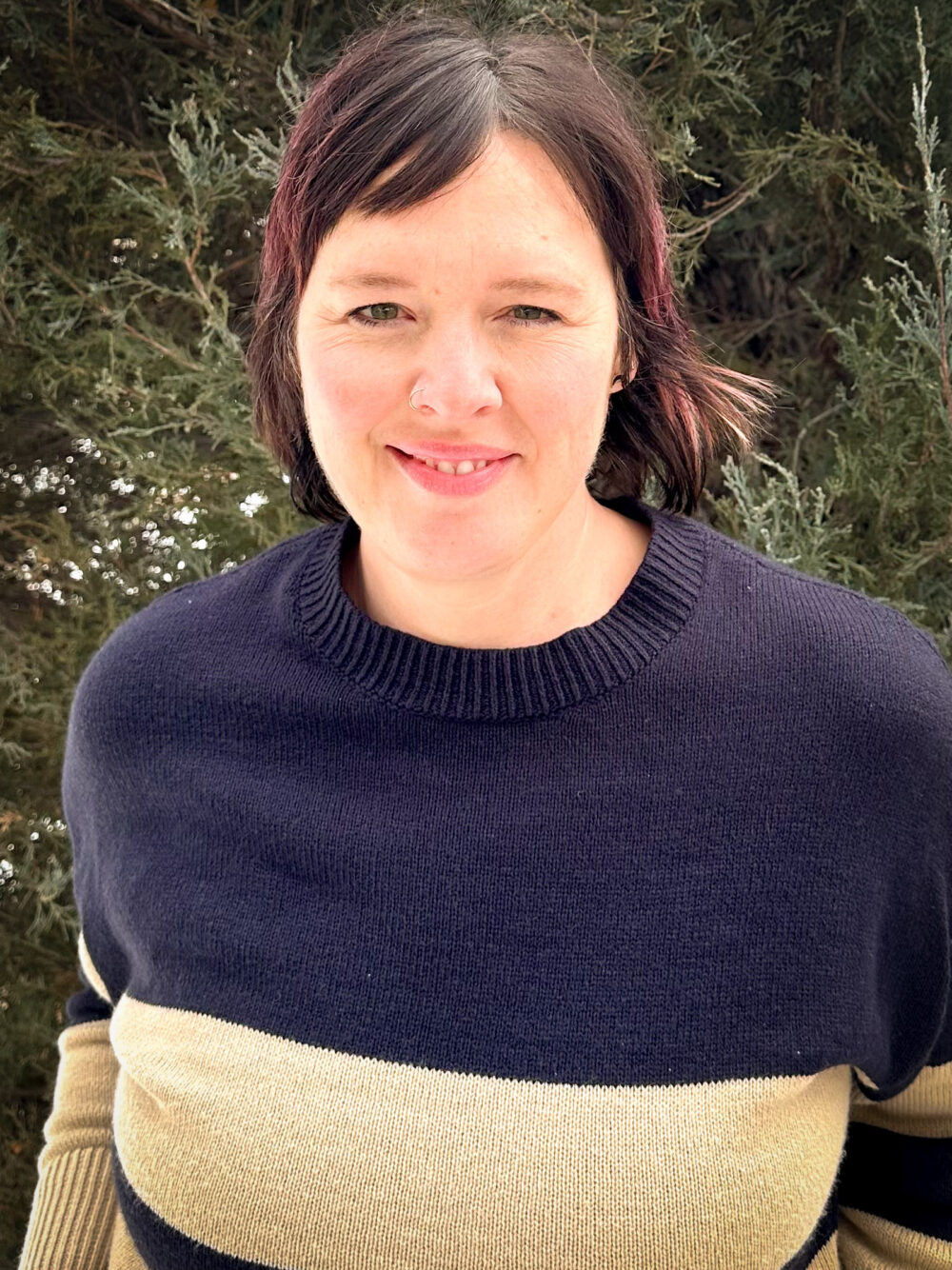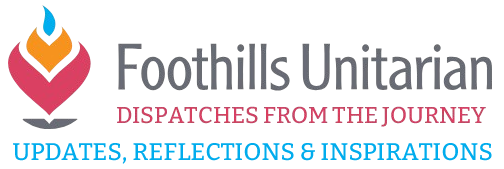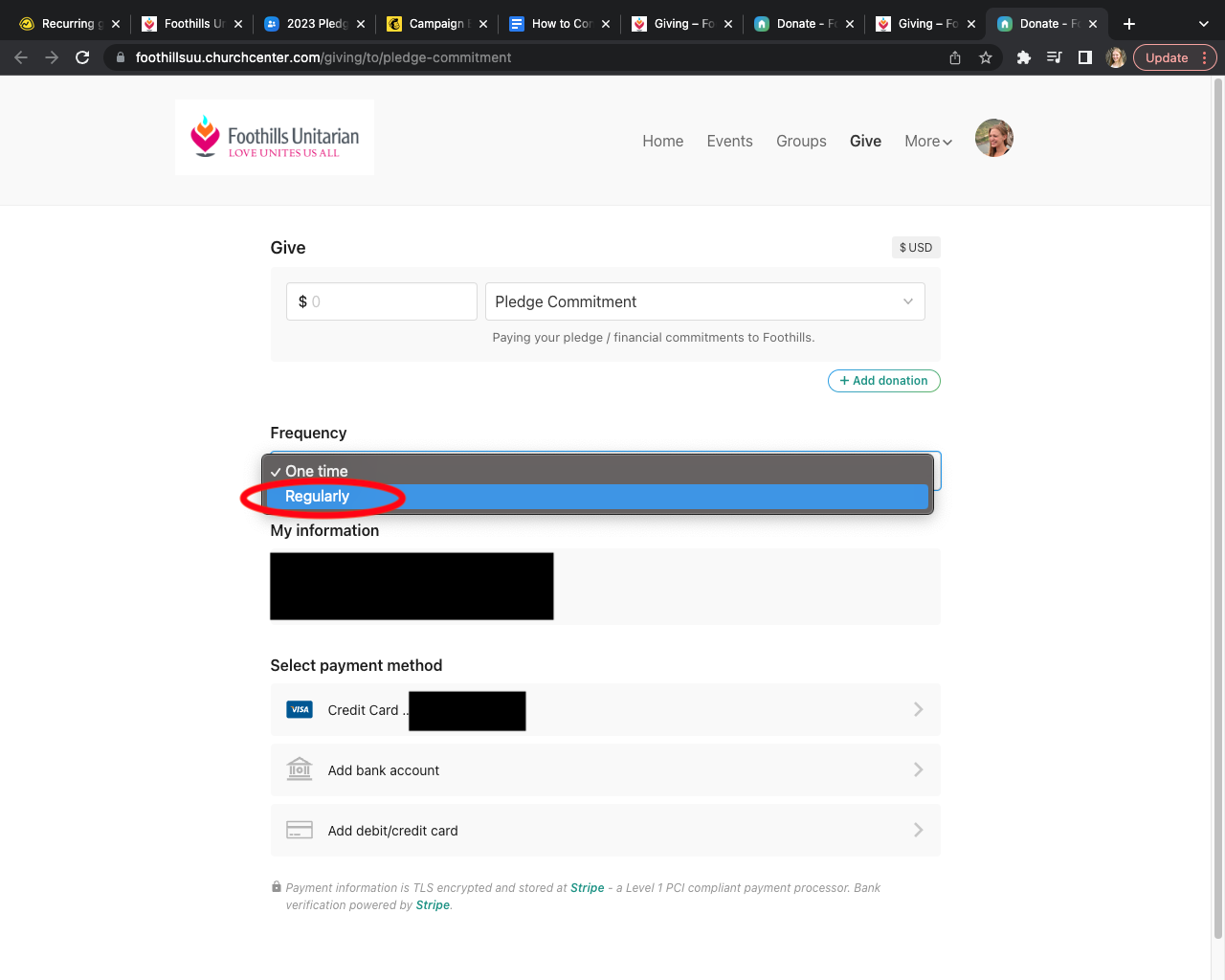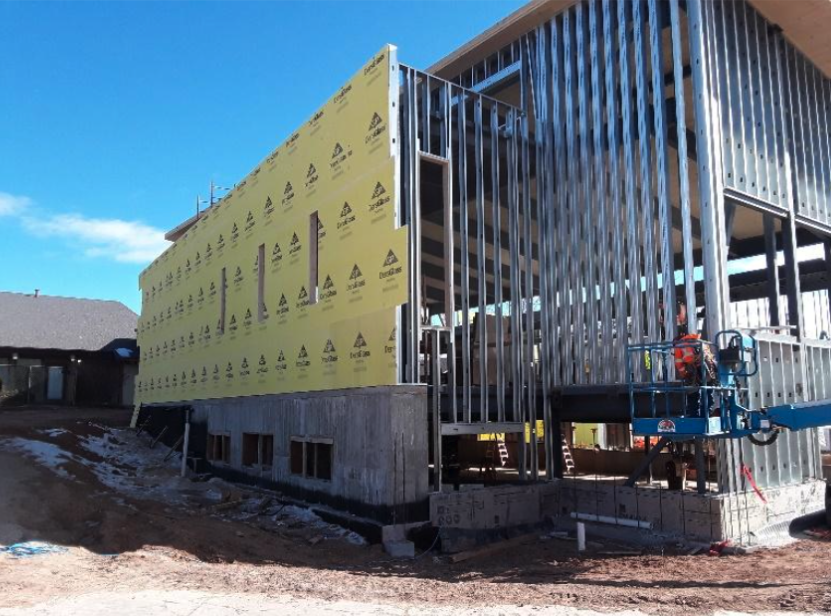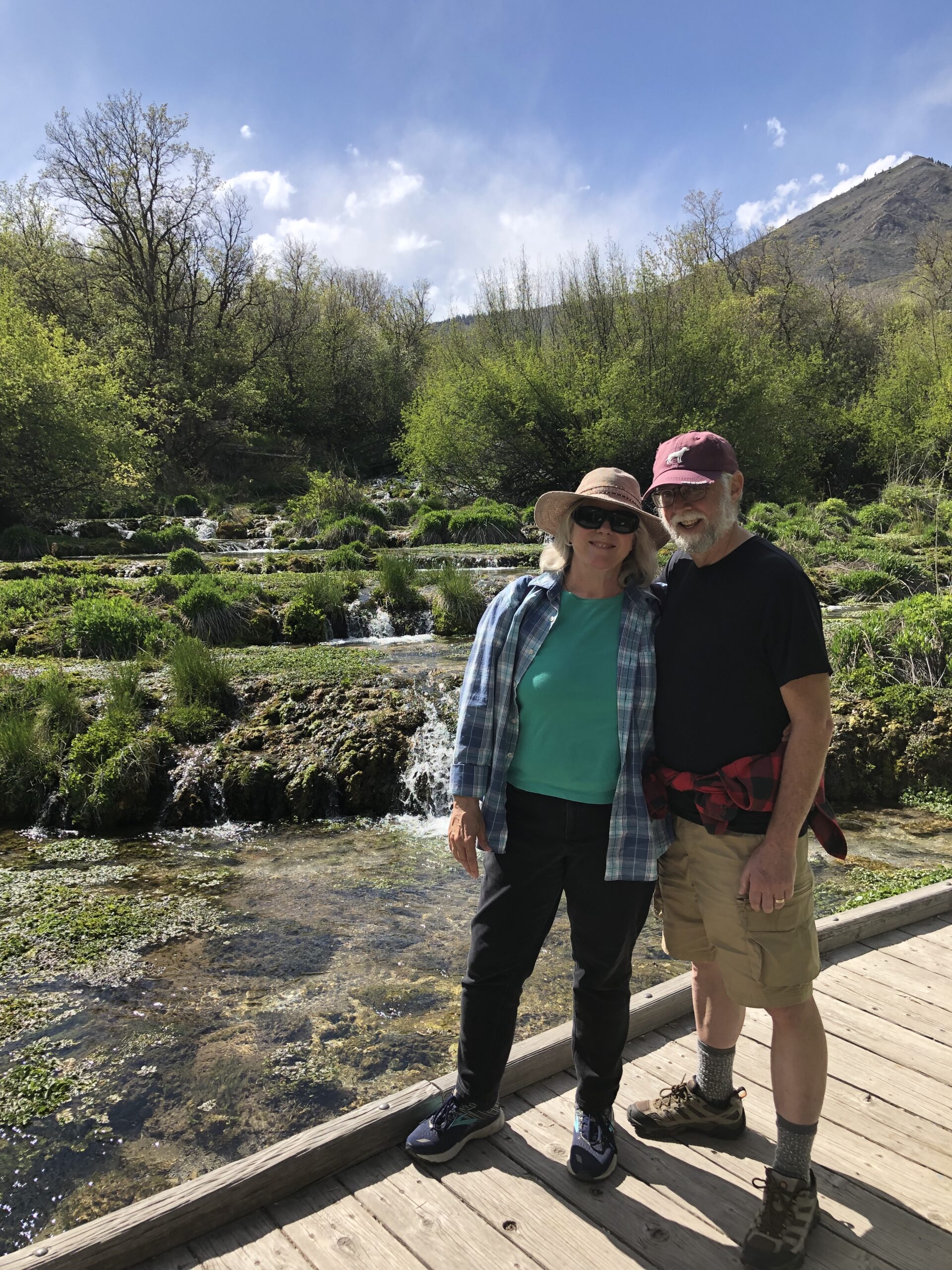Financial Support
In addition to these volunteer roles, I was blown away by the financial generosity of our community. In a few weeks, we raised over $38,000 to support this work.
These donations came from 175 donors, about 115 Foothills donors, and about 60 individuals and organizations from outside of our church. As a result, we have been able to provide gift cards for clothing and supplies for every person in this group. Thank you to Shanna Henk and Annmarie Fore for their help in coordinating gift cards.
Even more incredibly, we have provided more than $20,000 to fund down payments and the first and last month’s rent for every person who decided to stay in the area. This means your financial support secured housing for 36 adults and four children!
The financial generosity exceeded the most immediate needs, so we have been able to make a $6,000 donation to ISAAC’s emergency fund, which was running low. ISAAC’s emergency fund will provide grants for emergency needs of all kinds, both for recent and future waves of arrivals.
What’s Next
While we might imagine that a Democratic president would significantly shift the landscape for immigrants, asylum cases remain extremely difficult to win, and other legal pathways remain mostly inaccessible for these individuals and others in similar circumstances. The administration has recently indicated that they would be returning to the practice of immigration sweeps and more aggressively pursuing deportation, similar to what we saw under the former administration.
And yet the violence, poverty, and danger of their home countries will continue to motivate people to come to the United States seeking employment, safety, and reunification with loved ones who have previously immigrated here. Indeed, while this was a sudden major influx, this was not new – our Sanctuary Everywhere program has convened seven different villages to companion individuals and families since 2017. Two individuals in our congregation have been regularly accompanying more than 40 Nicaraguans over the last two years.
We anticipate that this steady regular arrival of immigrants will continue in Northern Colorado, and we also anticipate the likelihood of additional influxes of busloads of people over the coming year and beyond.
How we receive and embrace these individuals may be fraught from a political lens, but our faith and our congregational commitments make clear that we are called to see each of them as our neighbor and kin and to respond with this understanding in mind. While the County has said that they will not say yes again without the Governor declaring a state of emergency (and as a result releasing additional funds), we believe we have a moral obligation to receive immigrants seeking shelter and safety. We will not be among those voices who would look at their trauma and turn them away or have them bussed to yet another location.
I have begun weekly conversations with the leadership of Fuerza Latina, ISAAC, and La Cocina, as well as other faith leaders, about the bigger picture and what comes next. We at Foothills need to work with our partners to ask ourselves what our moral obligation means in practice, what effective support looks like, and how to facilitate settlement support in ways that support community connections and cultural integrity. We must consider what sustainability will require for this work and how to fulfill our commitments outside of the emergency. And we need to center the voices of and follow the lead of immigrants themselves. These are the conversations I have just begun, and in the coming months, I will invite all of you to join in and discern what comes next together.
What is clear to me, however, is that once again, you showed that we can be the kind of people we talk about when we talk about our values. We can be the people, in the words of Howard Thurman, who “find the lost, heal the broken, feed the hungry.” Seeing the ease with which so many responded with generosity, compassion, and love has been inspiring and faith-renewing. Thank you.
With that said, sustaining this kind of work takes tremendous resources and commitment. The support we were able to provide to the arrivals was not only made possible through donations to the migrant support fund and the gifts of your time. It was also made possible because of ongoing financial support for the church’s operations.
Behind the scenes, our staff team works tirelessly alongside members to manage logistics, get the word out about needs, and ensure we coordinate effectively with appropriate partner organizations. We rely on our wonderful database to reach out to our community and flexibly receive and distribute donations with accountability and transparency. These systems and structures are only possible with ongoing church staff and operations funding.
Our faith commitments call on us not just to sustain our capacity to respond but to grow our systems, structures, and care whenever and however the need arises – to have the resources and staff to jump in when we receive the call. And as many of you know, right now, our capacity is limited as we are still attempting to fully fund our 2023 budget.
Which is why I ask – if you ended the year with a little more than you expected – would you please consider supporting our operations with a donation? Your support is what makes all of the above possible. It allows us to respond, coordinate, and be not just a voice but a force for justice and love in Northern Colorado. You can donate at foothillsuu.org/donate. Everything you give is tax-deductible and will go directly to supporting Foothills Unitarian.
Thank you so much for your support. To me, this is what we mean when we talk about God. This force of love working through us and among us, responding with generosity, compassion, and a relentless commitment to our common humanity. I am so grateful.
With love,
Rev. Gretchen
